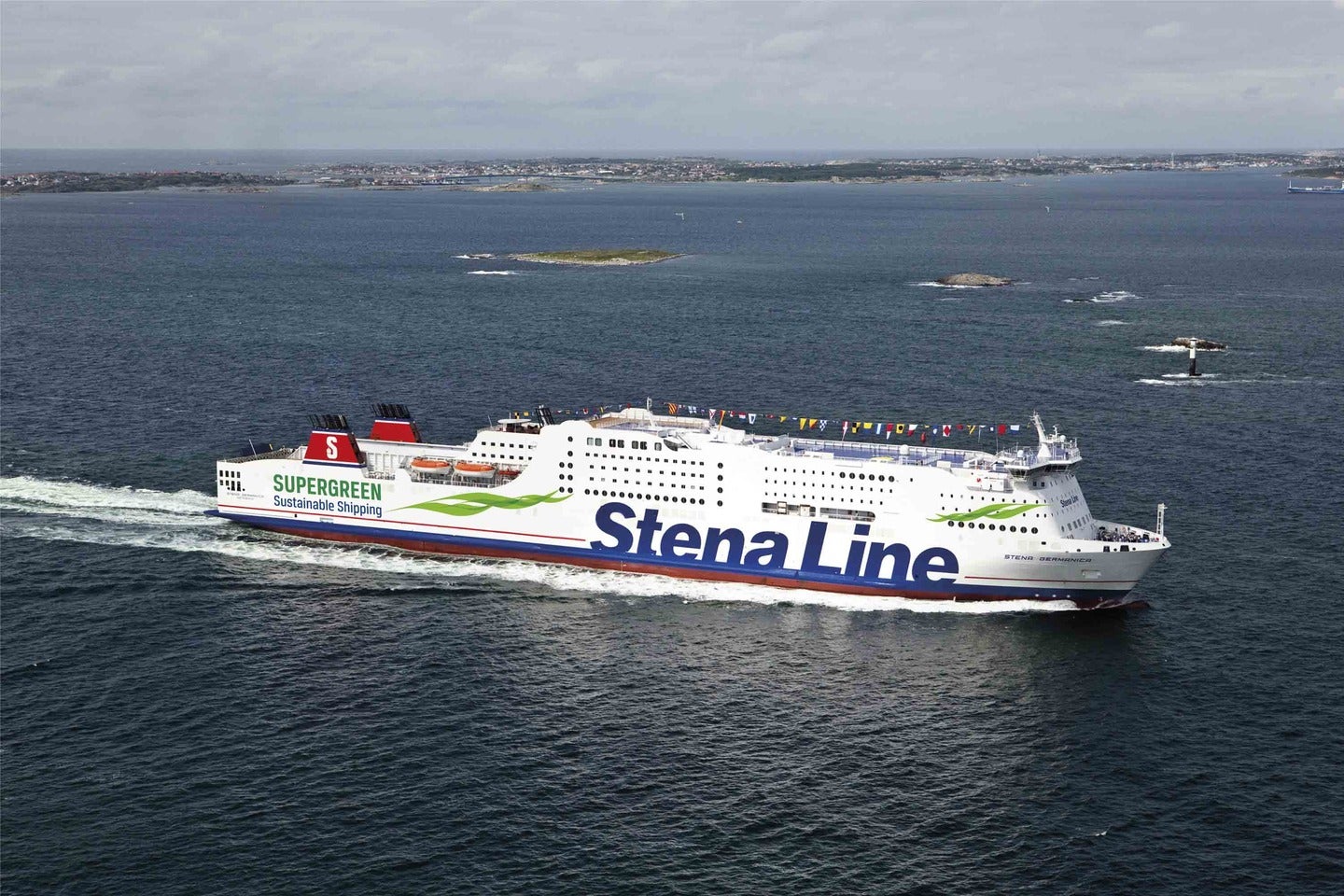
Swedish ferry operator Stena Line has signed a contract with maritime manufacturing giant Wärtsilä to work on converting some of its vessels to operate on methanol fuel.
The conversions are set to take place in 2025 and build on an existing methanol conversion partnership that began with the conversion of the Stena Germanica vessel.
Wärtsilä’s Marine Power business president Roger Holm said: “We have had close cooperation with Stena Line for many years and we are pleased to be supporting them again in this important conversion project.
“Like Stena Line, Wärtsilä is committed to making decarbonised shipping operations a reality and we have invested heavily in developing our engine portfolio to be capable of utilising carbon neutral and zero carbon fuels.”
Moving towards using more methanol is part of Stena Line’s journey to support decarbonisation under its “Connecting Europe for a Sustainable Future” vision.
Converting the ferries will enable them to be compliant with the Carbon Intensity Indicator, FuelEU Maritime and IMO 2050 GHG reduction target regulations.
How well do you really know your competitors?
Access the most comprehensive Company Profiles on the market, powered by GlobalData. Save hours of research. Gain competitive edge.

Thank you!
Your download email will arrive shortly
Not ready to buy yet? Download a free sample
We are confident about the unique quality of our Company Profiles. However, we want you to make the most beneficial decision for your business, so we offer a free sample that you can download by submitting the below form
By GlobalDataIan Hampton, the chief operating officer of fleet and government affairs for Stena Line, said: “As we continue to implement our strategy to decarbonise all our operations, we see methanol as a viable alternative fuel that will help us achieve this ambition.”
Wärtsilä’s upgrades will cover fuel tank instrumentation and valves, transfer pumps, low-pressure pump skid, fuel valve trains, methanol fuel pump units and the automation of the system, engine conversions and automation upgrades for the engine control room.
The use of methanol as a decarbonisation pathway for marine companies has been around for years but has gained a lot of traction recently thanks to initiatives such as Maersk’s first methanol-powered container vessel and ONE’s order of ten methanol-ready boxships.



